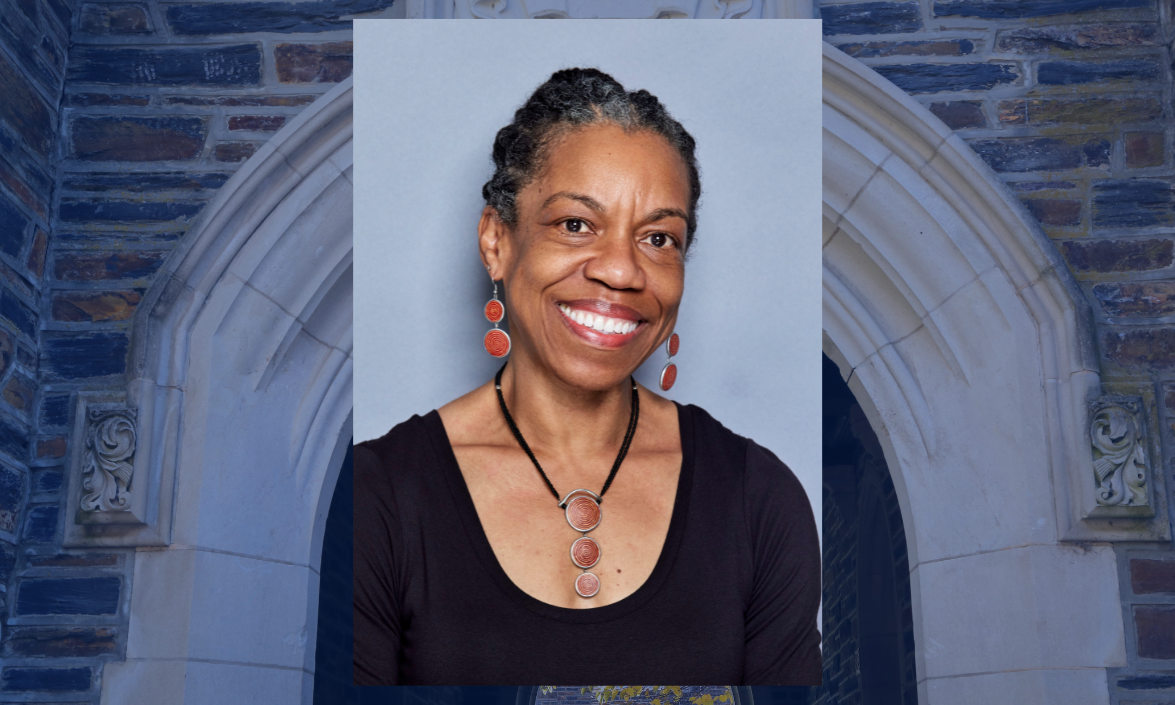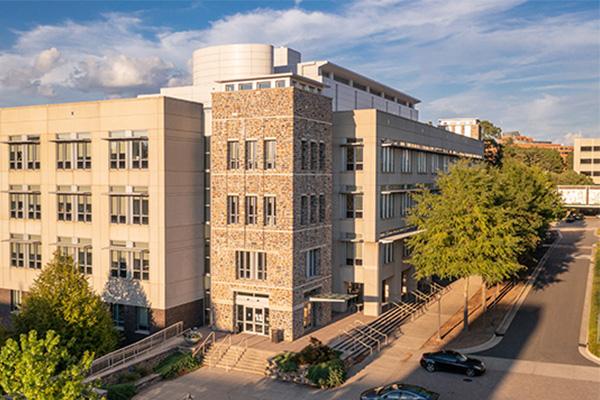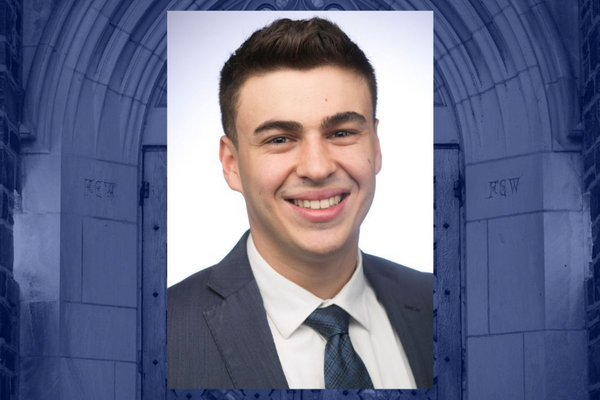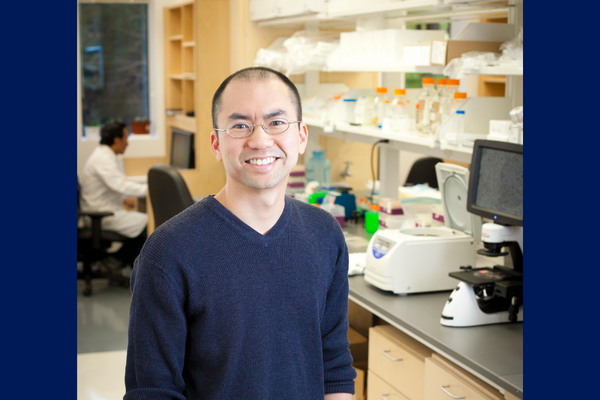Rethinking the Use of Race and Other Labels in Genetics Research
A national committee co-chaired by Duke Professor Charmaine Royal issued a report that emphasized the high stakes of ensuring that genetics research benefits all groups in society and mitigates harm.
Collaboration Seeks Genetic Clues to Chronic Lung Disease
Idiopathic pulmonary fibrosis (IPF) is a disease that causes scarring on the lungs. Over time, as more scarring occurs, patients experience decreased lung function and difficulty breathing. Once diagnosed, most patients die within five years.
Study Reveals How UV Radiation May Drive Melanoma
Raluca Gordân, PhD, and team investigated how transcription factors may affect the production of genetic mutations, or mutagenesis, by binding to the wrong sites after being exposed to ultraviolet (UV) radiation.
Alumnus Ariel Kantor Cited by Forbes Europe in 30 Under 30 List
Duke alumnus, former member of the Gersbach lab, and Rhodes Scholar Ariel Kantor was selected for Forbes Europe's latest "30 under 30" — an annual listing of top young innovators, entrepreneurs and world changers.
Mysterious Benefactor Leaves a Legacy to Improve Children’s Health
An $11M gift from a mysterious benefactor is being used to create a new children’s health research project, co-led by Sarah Armstrong and Chris Newgard.
Does our 'junk' DNA make us human?
Research from Craig Lowe, PhD, assistant professor molecular genetics and microbiology, Debby Silver, PhD, associate professor of molecular genetics and microbiology, Tim Reddy, PhD, associate professor of biostatistics and bioinformatics, and team was featured in an episode of "Eons" on PBS. Their work has identified a group of human DNA sequences that drive changes in brain development, digestion, and immunity that seem to have evolved rapidly after the human line split from that of chimpanzees but before the split with Neanderthals.
Genomics Research Shines at Scientific Retreat
The Precision Genomics Collaboratory held its second annual Genomics Scientific Retreat on February 23 in the Trent Semans Center Great Hall.
Ko elected to American Society for Clinical Investigation
Dennis Ko, MD, PhD, associate professor in molecular genetics and microbiology, was among five School of Medicine faculty to be elected into the American Society for Clinical Investigation (ASCI), one of the oldest and most esteemed nonprofit honor societies of physician-scientists.
Genetics funding ranked eighth, School of Medicine ninth in NIH funding
Genetics at Duke ranked 8th in the country for NIH funding, according to the Blue Ridge Institute for Medical Research
PGC Announces Student Pilot Grant Awardees
The Duke University School of Medicine Office of Biomedical Graduate Education (OBGE) and Precision Genomics Collaboratory awarded 17 pilot grants of $2,000 each to SOM Biomedical PhD students. The goal of these grants is to support our students in scientific and educational efforts to bolster their graduate training experiences. These awards will help further research in a broad array of topics including antibiotic natural evolution, prostate cancer, vascular malformations, and more.









